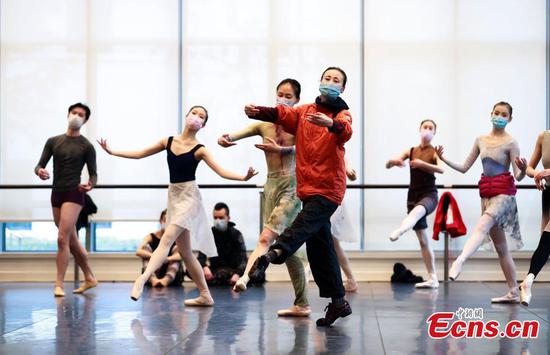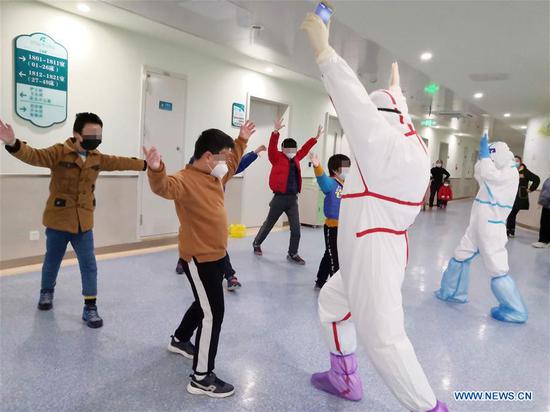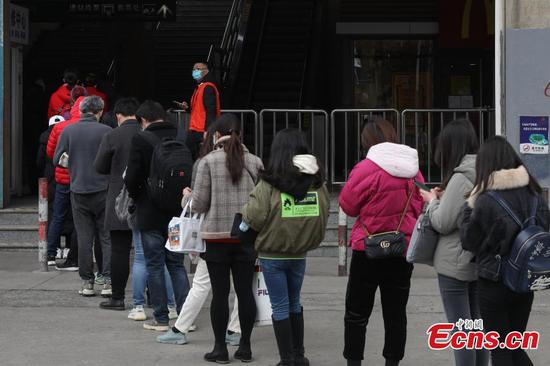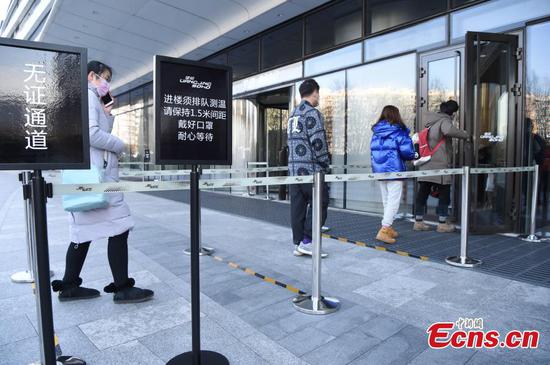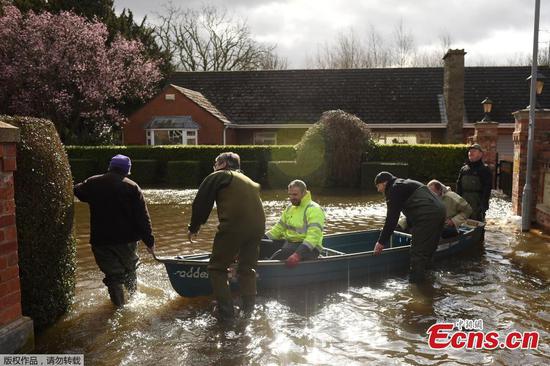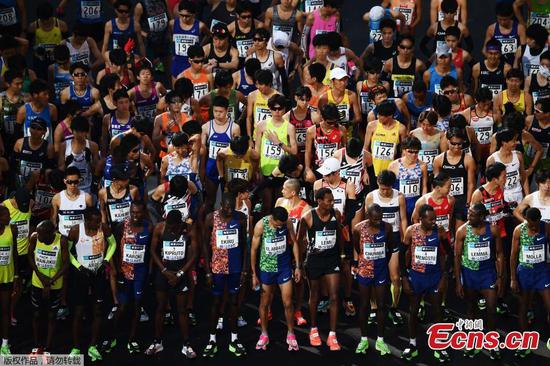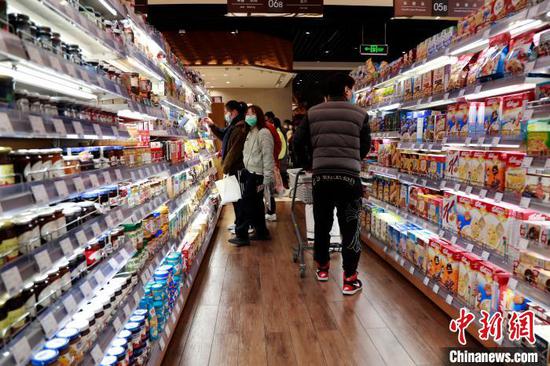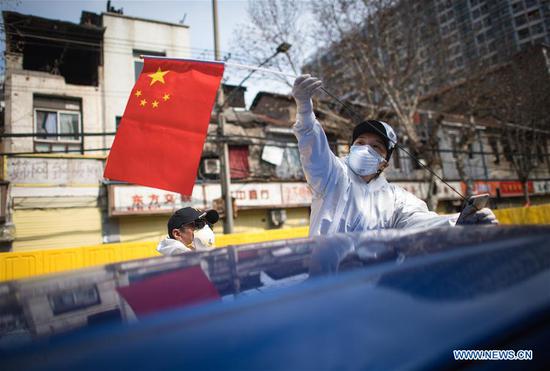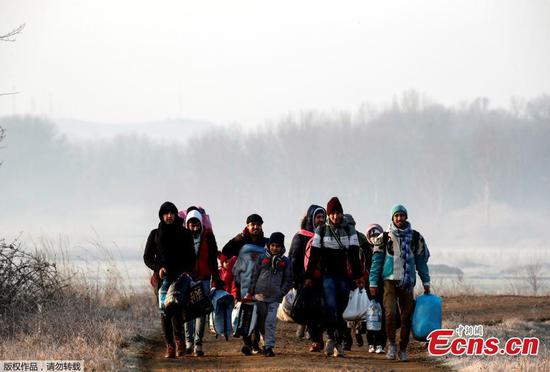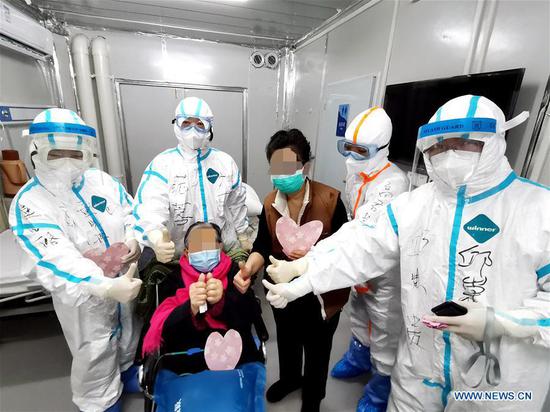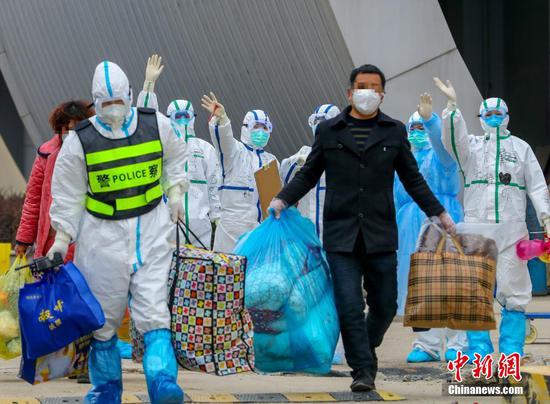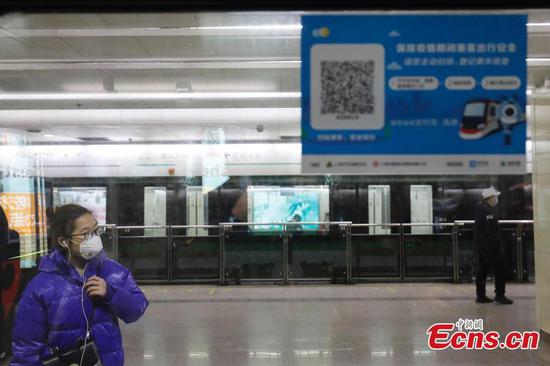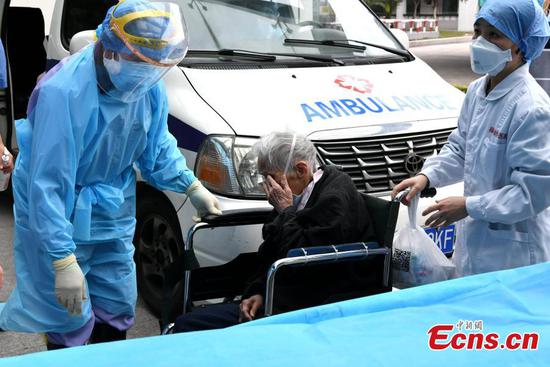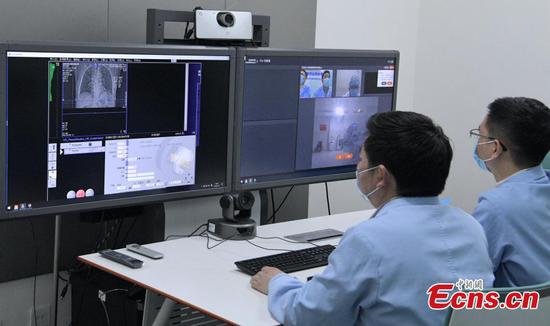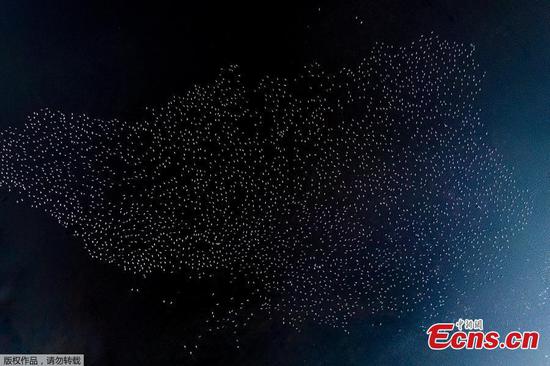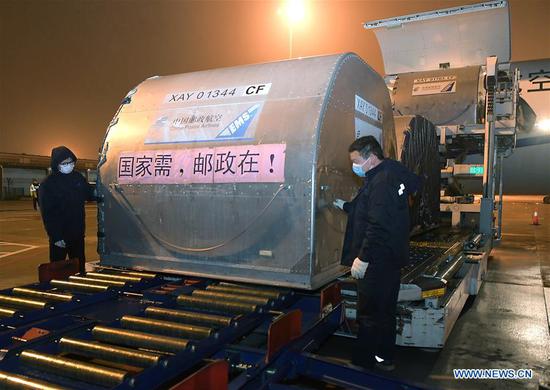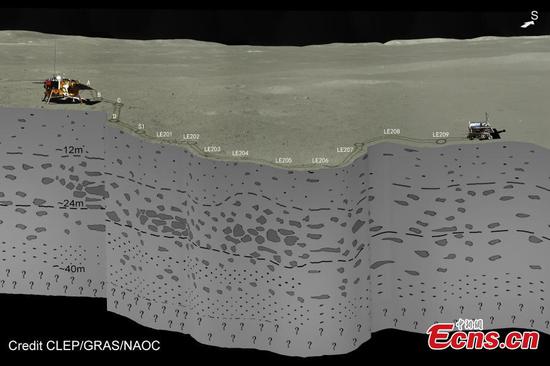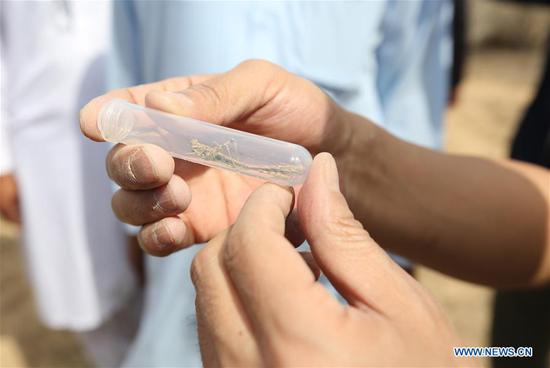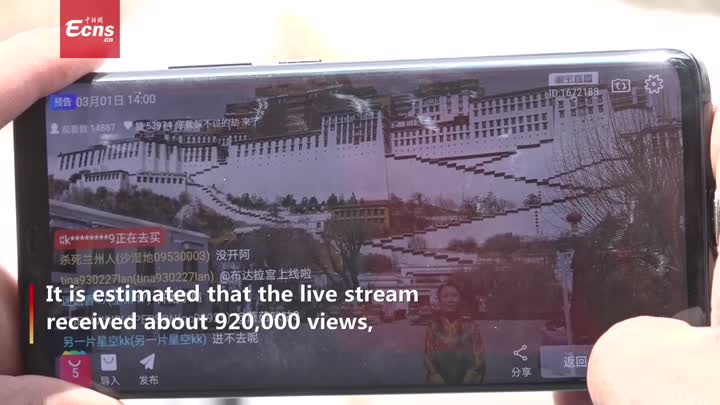The outbreak of novel coronavirus pneumonia in China peaked in late February and will level off in late April, new research headed by respiratory scientist Zhong Nanshan predicted.
If the implementation of control measures were delayed for five days, the outbreak in the Chinese mainland would have tripled in size, according to a paper by Zhong and his team, published in the Journal of Thoracic Disease.
If control measures in Wuhan, Central China's Hubei province, the outbreak center, were reduced, Hubei would see a second outbreak peak in mid-March and it would continue into late April, the paper said.
The research model in the paper predicted that by the end of April, there will be 90,000 to 120,000 cases of COVID-19 patients in the country.
However, there is a difference between model prediction and reality, the paper said, adding that if the government continues its strict control policy, improves diagnosis and introduces drugs, the scale of the epidemic will be greatly controlled.
The paper's prediction of a second peak in Hubei province hinged on the condition that control efforts were reduced, the study said.
According to the current situation, Hubei provincial government will continue to maintain strict control, and the possibility of a second peak is very unlikely, it added.
The predictions were made based on the control policy implemented before Feb 9. The predicted scale of the outbreak was smaller than that made in The Lancet, an authoritative international medical journal, and other foreign scholars, according to the paper.
The predictions made by overseas scholars haven't taken into account the strict control measures in China, which led to possibly exaggerated research results, the paper said.
The data in Zhong's paper show that by the end of April, the peak of the existing confirmed cases (non-cumulative confirmed cases) in China would be no more than 70,000, and that in Hubei no more than 52,000, and South China's Guangdong and East China's Zhejiang provinces no more than 1,200 respectively.
Until now, the real data are within the prediction range of the paper and are closer to the real situation, it said.









